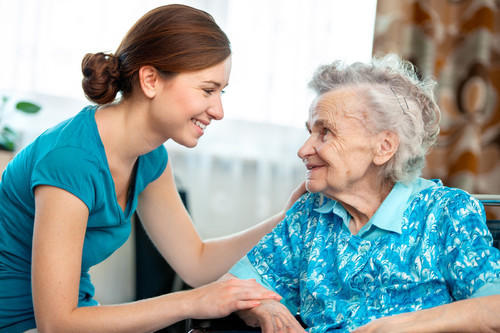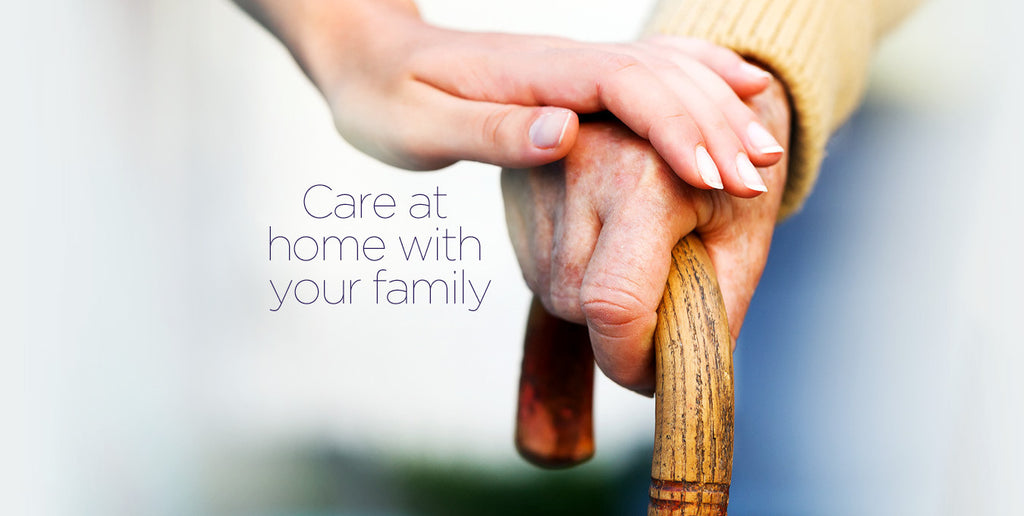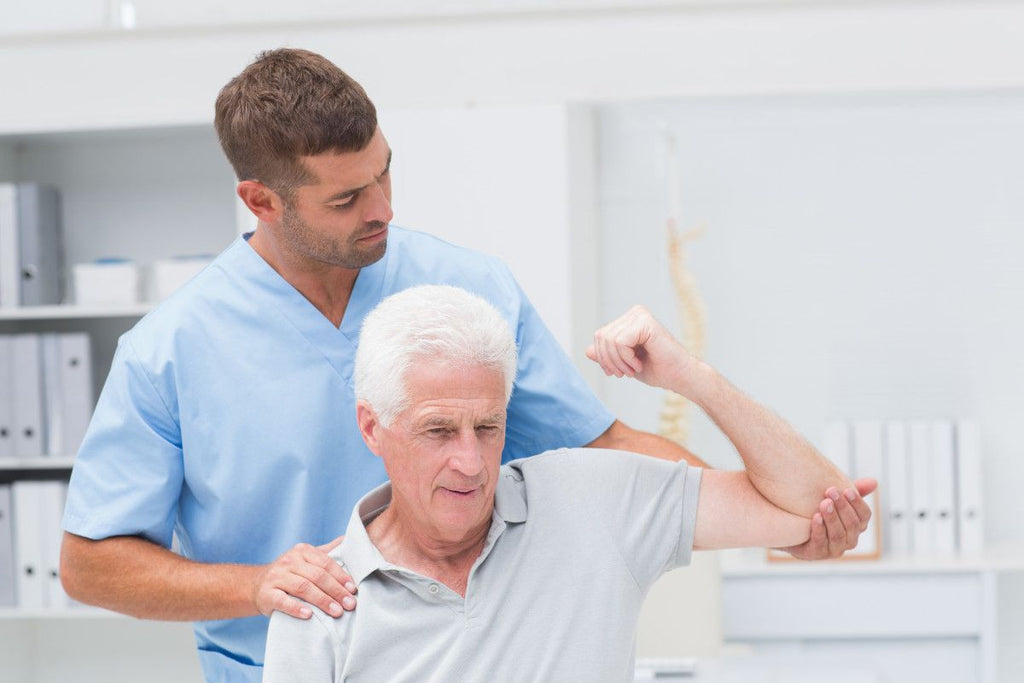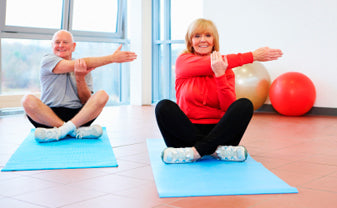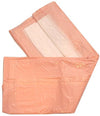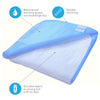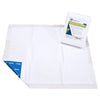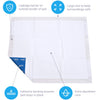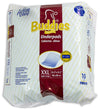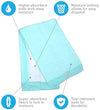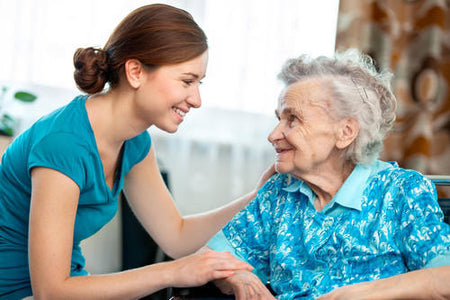In this day and age, technology plays an important role in almost everyone’s life in the United States. More and more people use the internet everyday, making the world a smarter, faster, and more efficient place. Seniors use technology today more than ever, and this can have a positive effect on healthcare. Grandparents on Facebook? Many of us may think that this is weird and not traditional, but connecting to family can have positive mental impacts on seniors. Being able to see a grandchild online or the ability to keep up with loved ones makes seniors happy. Technology is also playing an essential role in healthcare. New developments such as Life Alert, or other systems to alert an emergency service when a senior is injured, are now on the market. Fifty years ago, nobody could imagine being able to push a button and having 24/7 care, with people more than willing to answer your health questions. These technologies help out our modern healthcare system in several ways. Unnecessary hospital readmissions have been a problem in the past, and have created an inefficiency in the healthcare world. Now, technologies let seniors know whether they need to come in for a check up or not. This creates more efficient and better organized hospitals. If seniors have questions about medication dosage or what to do in certain situations, they are given immediate service. This new technology is beneficial to healthcare and for the well-being of our seniors.
These new technologies and services are also useful when a senior gets hurt. In the past, if a senior had a slip or fall, they could end up laying there for days before help finally would show up. With modern technology such as Life Alert, this isn’t and shouldn’t be an issue in modern America anymore. As more and more people want to ‘age alone’, this new technology plays a pivotal point in the well-being of seniors. This way, seniors can live where they want and have 24/7 assistance without living in an expensive health facility. This new technology is becoming a huge market and the aging population is becoming more interconnected to the rest of the world which will positively affect their well-being and overall health. Every senior should own a health monitoring device. That way, health and emergency services can always monitor senior’s health and be at the door quickly in order to keep them safe.
The new monitoring health devices have many benefits:
- Inner peace and comfort at home
- Lack of of paying for a care giver overnight
- Bringing the seniors closer to the rest of the world
- Immediate response from a health agent
- Faster, more personal experience as all of the agent’s attention is on you
There are also other medical technologies that can positively affect seniors. There are features within smartphones that allows you to set reminders. People can now can set reminders to take medication or other various acts that they may need. It is common for people to forget to take medicine, but with emerging technologies, it is very easy to track and remember your health needs. Newer online health tracking websites and tools also make it easier to access health related history and makes it easier to track somebody’s health. Technology is always evolving over time, and this has a positive influence in the health related community.


